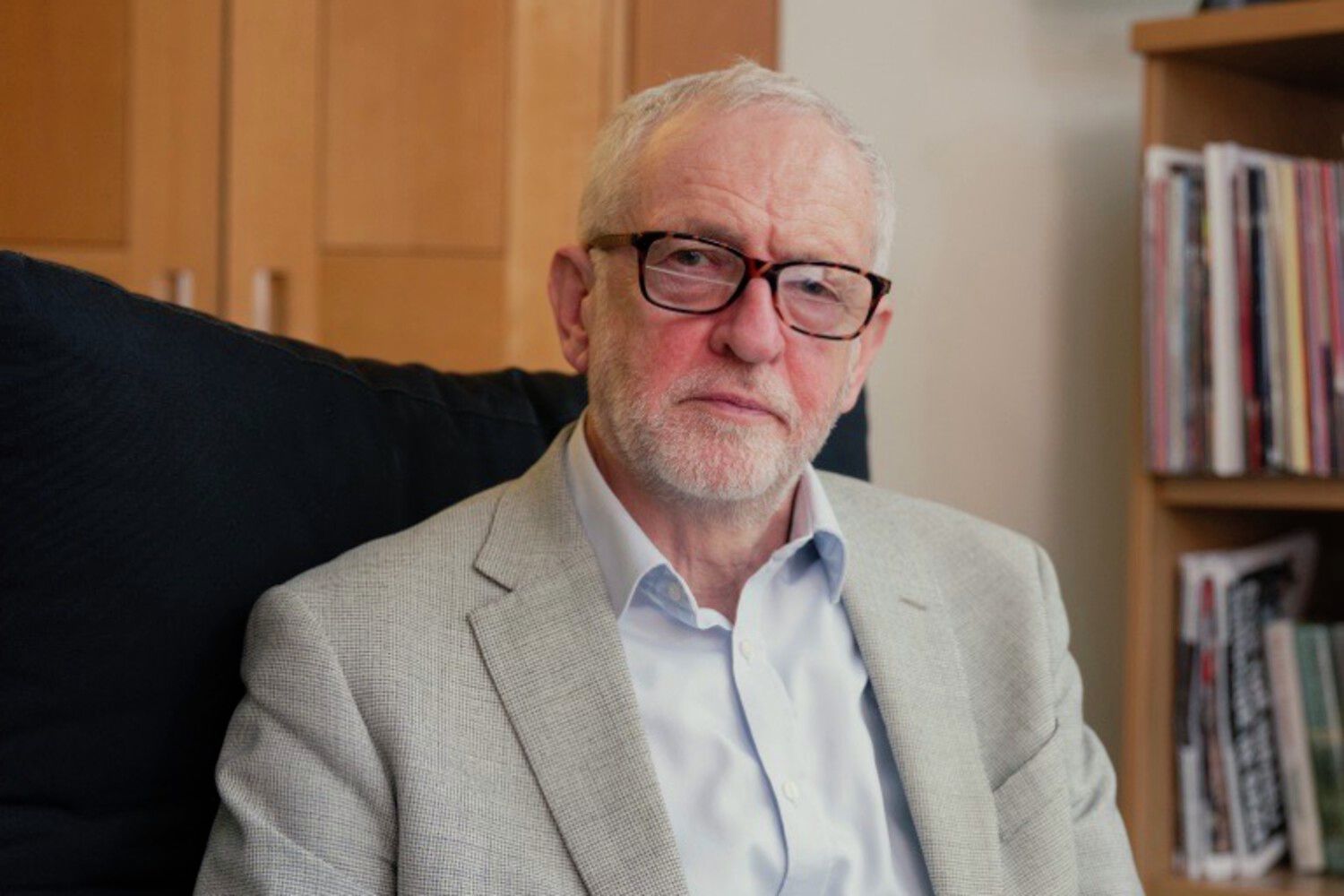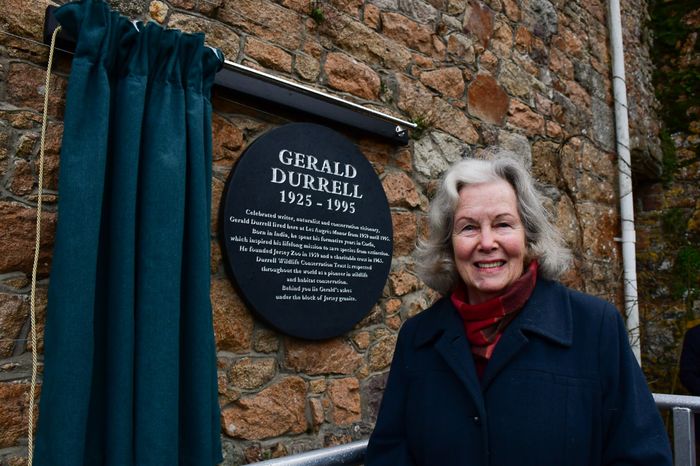When Jeremy Corbyn speaks about politics, he does not begin with electoral strategy or personalities, but with ideals. He views the world through a socialist lens that makes wealth redistribution, world peace, and social justice political non-negotiables. It is a highly principled – though critics would say dogmatic – outlook that has shaped his career since he entered Parliament in 1983: from decades as a backbench rebel, to five years leading the Labour Party, and now to his latest venture outside the party he once led.
When I spoke to him in June, Your Party – the new left-wing project he would later launch with Zarah Sultana and a group of independent MPs – was still weeks away from being launched. A few months on, it has brought in hundreds of thousands of sign-ups and fuelled new student societies, including the Cambridge University Left Society (UCLS) in Cambridge, which has claimed Corbyn’s support while stopping short of formal affiliation. Yet alongside that momentum, the party has already shown signs of fragility. Public disagreements between Corbyn and Sultana over the direction of its leadership have so far undermined its potential as a dominant party on the left of British politics.
“You have to make sure you are not corrupted by the attractions of wealth and power”
Before these strains had emerged, I asked Corbyn how he had managed to sustain his uncompromising approach to politics over decades in public life. His answer was characteristically direct: “you have to make sure you are not corrupted by the attractions of wealth and power”. This requires, he says, being consistently “accountable to the people that elected you, not to the people that were elected alongside you.”
That sense of accountability, he explained, comes through daily encounters. “I spend a great deal of time listening to ordinary people on buses and on the street […] walking around my community listening to what people have to say.”
Corbyn argues that this approach stands in stark contrast to the behaviour of more centrist political leaders across Europe. “I watch with horror,” he declared, “the way in which Social Democratic parties across Europe […] seem to lack any moral fibre or backbone whatsoever.” Having observed “the rise of the far right, often using violent methods,” he argued that ostensibly left-leaning parties had “gone in that direction”. This, he asserted, was why “you have Keir Starmer using the words of Enoch Powell in the 1960s against a multicultural modern Britain”. Meanwhile, parties such as “the British, French and Spanish conservatives” had likewise “gone further to the right,” having seen their “support disappearing because they’re not offering anything quite racist enough for the racists”.
While Corbyn is dismayed by this shift, it also seems to galvanise him. He has made arguments like these for decades, but here he offered them again without hesitation. “The role of the left is surely to do something different,” he said. “We must say that there is a value of human life, every identity and every person […] we must not concede the ground.”
“We must say that there is a value of human life, every identity and every person […] we must not concede the ground”
This emphasis on human dignity leads directly into Corbyn’s foreign policy views, an area that has often placed him at odds with other figures on the left. He is a vocal critic of NATO, arguing that it should be disbanded. That position has been criticised as “playing into the hands of anti-western dictators,” as Paul Mason wrote in The Guardian. Corbyn rejects that, insisting instead that “the expansion of NATO eastward” was “exploited by [Putin] to justify the [Ukraine] war.”
His proposed alternative is negotiation. “What we need now is a ceasefire,” he said firmly. “If Russia and Ukraine can come together to exchange the bodies of those killed, to exchange prisoners, to export grain” and more, “quite clearly negotiation is possible. There are lots of ways by which we can eventually bring about some kind of long-term peace. Not everyone is going to be happy about it, but it’s surely better than conscripted soldiers of Ukraine and conscripted soldiers of Russia killing each other in a kind of ‘First World War’-style of conflict.”
Behind this stance on NATO is an economic critique. “The only real winners in this war are those that make the weapons: western arms companies have done extremely well out of the rearmament of Ukraine. Ursula Von Der Leyen is developing Europe into an arms industry powerhouse. Likewise, there are enormous commercial interests in Russia, India and China that also do very well out of making weapons.”
Does such a position make him a pacifist? Corbyn rejects the label. “If we deny people a peaceful, legal route to emancipation or justice, violence inevitably follows. The principles of international law do allow for the self-defence of people,” he said, but he insists that the real goal should be to “create a system of justice which removes the necessity of a physical fight back.” Instead, he says “peace is only possible if there is justice”.
To illustrate, he pointed to conflicts beyond Europe. “People in the Amazon rainforest who are opposed to mining and logging and want to continue their sustainable way of living, their language, culture and identity […] have faced the most unbelievable violence funded by mining and logging companies and the corrupt local police and army. When they fight back against the occupation are they wrong? No. Of course they’re not wrong. It’s the only option available to them.”
“If we deny people a peaceful, legal route to emancipation or justice, violence inevitably follows”
The same, he argued, is true in the Democratic Republic of Congo, where “communities are beset by what are essentially mining company militias trying to take away their natural resources or exploit them. They don’t want to fight back against it, but it’s the only option that’s left to them. So the question is, who controls international justice and international law. It is constantly a battle between huge military and commercial interests and the interests of the ordinary people.”
“It’s no accident,” he continued, “that a lot of money is being put by different countries into the war in Sudan – it’s a grab for land and a grab for natural resources. Likewise, the money that goes into the Democratic Republic of Congo is about maintaining a weak central government in the Congo to better exploit its natural resources. The issues in the Middle East are also, in part, but not totally, driven by oil interests.”
Corbyn’s commitment to what he views as a more just international order underpins much of his activism. He explained that he has “spent a great deal of time working with the Human Rights council of the United Nations” and “the decolonisation committee,” citing cases such as “the Western Sahara and the Chagos Islands”. He is also heavily involved with Progressive International, “a combination of trade unions, popular movements, political parties, and land rights campaigns in different parts of the world.” One of its projects, he added, has been the development of the Hague group to “stand by international law – the ICC and the ICJ judgements – in relation to the treatment of Palestinian people. This is supported by a number of governments around the world, particularly South Africa, Malaysia and Brazil.”
Closer to home, he argued that the British government is “moving in exactly the opposite direction” to international law, citing increased arms expenditure and the development of a new generation of nuclear weapons, which he said are illegal under the non-proliferation treaty. “The government is spending a great deal on building Britain into a global military organisation,” he said, recalling how the Strategic Defence Review was released. “Opposition parties weren’t given a copy: they were just given a 1–2 page summary to read an hour before the statement. Yet it had been given to Britain’s arms companies and industrial manufacturers several days before its publication. The government and the Ministry of Defence was more interested in making sure that BAE Systems, Rolls Royce etc, had advance sight of the thing before Members of Parliament did – a very odd sense of priorities.”
As our conversation drew to a close, Corbyn offered a final assessment. “We now have a world dominated by a very small number of incredibly wealthy people.” His answer was not to look inward, but outward, for “no one country can combat this on its own”. Instead, he envisions a “much stronger global left-wing movement than there ever has been, focusing on levels of taxation, corporate tax, closing down the tax havens, and bringing in a wealth tax in all of our societies.” Now smiling, he concludes: “let’s build a world of peace”.
It is a vision that stretches far beyond Westminster, but for now its fortunes rest with Your Party, the fledgling organisation Corbyn has helped to set in motion. Whether it can withstand its early strains, or persuade a divided public to rally behind it, is far from certain. What is clear, though, is that Corbyn remains as unyielding – and as ambitious – as ever.


